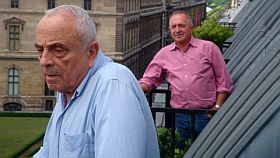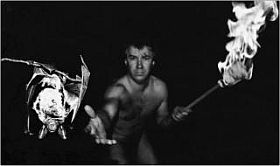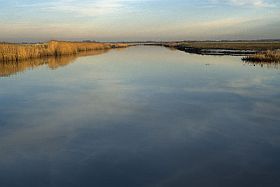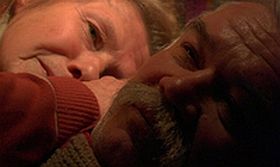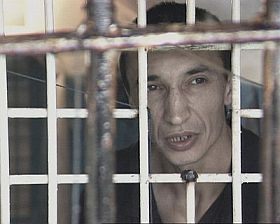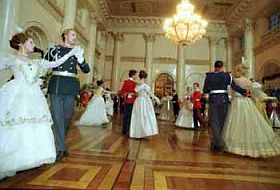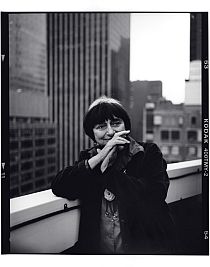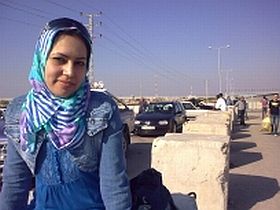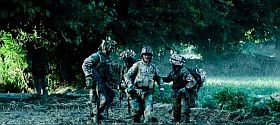Det her er en udstilling, som blandt dokumentarister og dokumentarfilm-interesserede må gøre indtryk, som den gør i museumskredse, hvor Torkil Funder er berømt. Hans museumsudstillinger er minderige: Middelalderen i Ribe, 1972, Nybyggerne ved Gal Oya floden, 1974. Middelalderen i Randers, 1976, Rejse i Oman, 1977, hvor han for alvor brød igennem med sin særlige udstillings-essayistik. Ingen, der så den udstilling, glemte den igen. Senere kom blandt andre Skolen i Ribe, 1995 og nyere tids udstillings-afsnittet på museet i Aars i 1999.
Sideløbende med udstillingerne udviklede Torkil Funder på hundredvis af møder, kurser og i sin daglige undervisning lysbilledforedraget til en kunstform, et personligt essay, som han selv kalder fortælling. Hans fotografi er nøgternt og følsomt, aldrig søgt, aldrig sentimentalt, men næsten altid vemodigt som også udstillingernes tone, som foredragenes og udstillingsteksternes grundstemning.
Med lysbilledforedragene er Funder tæt på dokumentarfilmen, og nu med udstillingen Tiden i Ribe, som er én lang række juxtapositioner af fotografier og tekster, har han på en måde lavet en film på væggen i biblioteket i Esbjerg. En film i lille format, men af overvældende indhold i den store biografisk-topografiske tradition som (ja, sådan ser jeg den) i filmens verden Ruttmann med Berlin, Kestner med København og i bøgernes verden, Seeberg med Viborg, Magris med Trieste, Pamukmed Istanbul. Jeg er meget bevidst om de navne, det er i den række, Funders arbejde for mig at se hører hjemme, der, hans fortælling om byen ved åen og dens tid og hans egen tid med den by har sin plads.
Foto: Ribe Å ved Petersholm, januar 2001.
Sådan fungerer så udstillingsfilmen, scene, tekst, scene tekst, i alt 62 med hver sin overskrift:
HISTORIKERNE
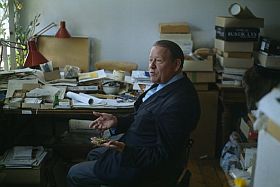
De som i byens lange liv i gamle huse, nær vinduet for dagslysets skyld, og ved små flammer i mørket, søger i tiden og meddeler gammelt og nyt.
De som i ensomhed hører gadens råb med dagens tilbud og samler blikket om bøgernes beretninger.
De som holder rede på det, som skal være og forblive samlet, for at også de næste kan møde lærdom, betvivle den, forøge den og give den videre.
De som bygger byen bag byen.
(Aage Andersen i sit kontor. Quedens Gaard. November 1996)
TIDENS BLIK
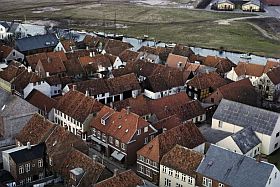
Fra Domkirkens tårn ser vi i dag et billede af 1/100 sekund af året 1968. Og vi er både dengang og nu. Der er 17 år til man bygger vandrerhjemmet i baggrunden helt om. Og 5 år til galeasen ”Meretha” bliver begravet i Hovedengens tørv. Den er fra 1865 og et af de sidste Ribebyggede skibe. Men den rådner, inden man finder en rimelig brug af den.
Under os stimler husene sammen. Det er slippekvarteret. Dets smalle passager gik i århundreder fra den travle åhavn til købmændenes lagre oppe i land. Mange tror i 1968, at det ældste Ribe ligger under slipperne. Men først om 4 år dukker det op. Ved Kunstmuseet – højt og tørskoet på den anden side af ådalen. Og om tre måneder er det sommer.
(Fra Borgertårnet, Ribe Domkirke. Mod NØ. 11. marts 1968)
Det er imidlertid ikke en film, det er en udstilling, den er flygtig, om tre uger er den væk. Men Tiden i Ribe burde fastholdes, skal simpelthen fastholdes. Oplagt i en bog, som så også tager højkantformatet, kan noget andet. En bog til at ligge fremme, opslag for opslag, til at stå i reolen til en senere tid.
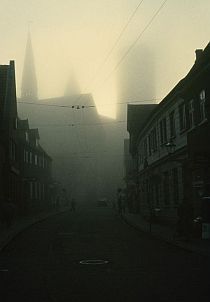
(Overdammen. Ribe. November 1994)
Torkil Funder: Tiden i Ribe, fotografier og tekster. Oprindelig i Ribe Kunstmuseum nu på Phototek Esbjerg, Hovedbiblioteket, Nørregade 19, Esbjerg til 14. august.
http://www.esbbib.dk/det_sker/udstillinger/tiden_i_ribe
Torkil Funder har én gang lavet film: The Pitt Rivers Museum, Oxford, 1993 (sammen med Bodil Grue-Sørensen)
http://www.dfi.dk/faktaomfilm/nationalfilmografien/nffilm.aspx?id=57132
Litt.: Torkil Funder: Museum 1+2, 1996 og 2000. “Torkil Funder behersker det, der er blevet en kunst, at skrive et naturligt, fuldtonende dansk, mættet af refleksion og nærvær…”
http://www.information.dk/62949



